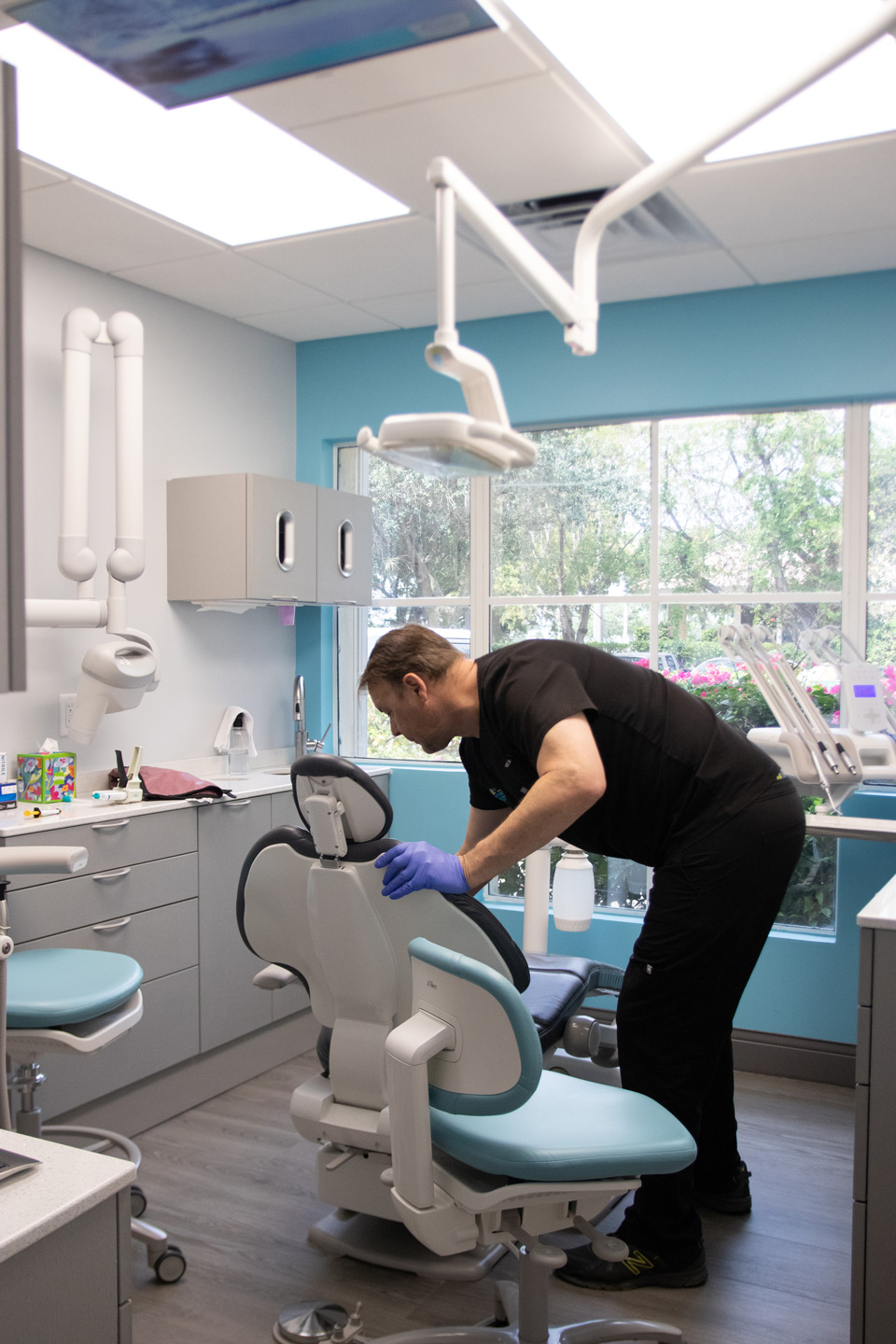Common Inquiries About Dental Veneers Addressed
Dental veneers have actually ended up being a significantly desired choice for those wanting to enhance their smiles, yet lots of individuals continue to be uncertain concerning numerous aspects of their use. Key questions often arise relating to the application procedure, durability, and prospective risks related to these aesthetic improvements. Moreover, the difference between porcelain and composite veneers can considerably influence one's selection. As we check out these typical questions, it ends up being vital to consider not just the benefits yet also the implications of opting for dental veneers in pursuit of an extra positive appearance. What variables should one evaluate prior to making such a decision?
What Are Dental Veneers?
Oral veneers are slim, personalized coverings crafted from porcelain or composite resin that are made to cover the front surface area of teeth. These dental prosthetics offer both visual and functional purposes, giving a solution for different dental flaws, consisting of staining, chips, spaces, and misalignment. By sticking to the teeth, veneers can considerably boost the total appearance of a smile, producing a more consistent and attractive appearance.
Porcelain veneers are especially favored for their all-natural translucency and stain resistance, making them a perfect option for individuals looking for durable outcomes. In comparison, composite material veneers are usually more economical and can be used in a solitary go to, yet they may not provide the same sturdiness as porcelain alternatives.
The decision to choose dental veneers frequently originates from a need for visual renovation, however clients must also think about aspects such as the long life of the material, upkeep needs, and the prospective requirement for tooth reduction (Porcelain Veneers Washington DC). Inevitably, oral veneers stand for a efficient and versatile option for achieving a radiant smile, satisfying private aesthetic needs while promoting self-confidence and self-confidence
Just How Are Veneers Applied?
The application procedure for veneers requires cautious preparation and accuracy to guarantee optimum outcomes. The procedure normally begins with a comprehensive consultation, where the dental practitioner evaluates the individual's oral health, goes over desired results, and establishes the appropriate type of veneers, whether porcelain or composite resin.
When the therapy plan is established, the dental professional prepares the teeth by getting rid of a thin layer of enamel, usually regarding 0.5 mm to 1 mm, to accommodate the veneer. This action is crucial as it ensures a correct fit and protects against the veneers from appearing cumbersome - Low Cost Veneers. After prep work, impacts of the teeth are taken to develop custom veneers that match the person's unique dental structure and visual preferences
While the permanent veneers are being fabricated in an oral lab, momentary veneers may be put to protect the prepared teeth. As soon as the permanent veneers are prepared, the dental expert will meticulously bond them to the teeth utilizing a solid dental adhesive.
What Are the Advantages?

Furthermore, veneers are recognized for their toughness and resistance to tarnishing compared to all-natural teeth. Made from high-grade products such as porcelain or composite resin, they can preserve their appearance for years with proper care. This longevity makes them a practical investment in one's dental appearance.
Along with visual enhancements, veneers can additionally add to improved dental health and wellness. By covering damaged or weakened teeth, they can give extra support and defense, aiding to stop further decay or wear and tear. This safety aspect can reduce the requirement for much more considerable dental treatments in the future.

How Lengthy Do They Last?
With correct care and upkeep, oral veneers can last anywhere from 10 to 15 years, making them a long-lasting option for enhancing one's smile. The long life of veneers greatly depends on the material used, the quality of the initial positioning, and the patient's adherence to oral health methods.
Porcelain veneers are understood for their longevity and resistance to staining, usually lasting closer to the 15-year mark when taken care of properly. Composite veneers, while more budget friendly, may require replacement faster, typically within 5 to 10 years because of their vulnerability to put on and discoloration.

In addition, wearing a mouthguard during sports or nighttime dig this can provide additional defense. Ultimately, while veneers supply a considerable aesthetic enhancement, their longevity is substantially affected by the dedication to correct dental treatment and routine appointments with an oral specialist.
Exist Any Threats?
Considering the transformative impacts of oral veneers, it is necessary to acknowledge the prospective risks related to their application. While veneers can enhance the appearance of teeth, the treatment entails the removal of a slim layer of enamel, which can increase tooth sensitivity and vulnerability to decay.
One substantial threat is the possibility of improper placement or suitable, resulting in discomfort, bite misalignment, or perhaps damages to the underlying tooth structure. In learn the facts here now addition, if the veneers are not maintained appropriately, they can come to be stained or cracked gradually, requiring replacement.
Individuals may likewise experience allergies to the products made use of in the veneers, especially if they have sensitivities to particular oral compounds. Additionally, while veneers are durable, they are not unbreakable; excessive pressure from grinding or squeezing can result in fractures.
It is crucial for patients to speak with a certified dental expert to review their individual threats and to follow aftercare guidelines vigilantly. By recognizing these risks, patients can make educated choices regarding their dental veneer therapy and make certain the long life and success of their improvements.
Conclusion
In summary, oral veneers represent an important cosmetic option for improving smiles, with considerations concerning their application, benefits, durability, and connected dangers. Eventually, notified decision-making concerning dental veneers can lead to adequate aesthetic results and enhanced oral health.
Oral veneers are slim, tailor-made coverings crafted from porcelain useful source or composite material that are created to cover the front surface area of teeth. After prep work, impacts of the teeth are taken to produce customized veneers that match the individual's special oral structure and aesthetic preferences.
While the irreversible veneers are being fabricated in an oral lab, temporary veneers may be positioned to safeguard the ready teeth. Once the irreversible veneers are ready, the dental practitioner will meticulously bond them to the teeth making use of a strong oral adhesive. Eventually, informed decision-making pertaining to dental veneers can lead to adequate aesthetic results and enhanced oral health.